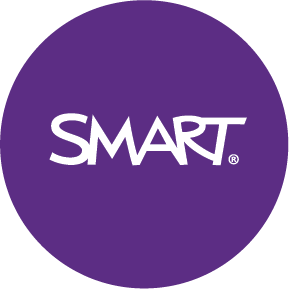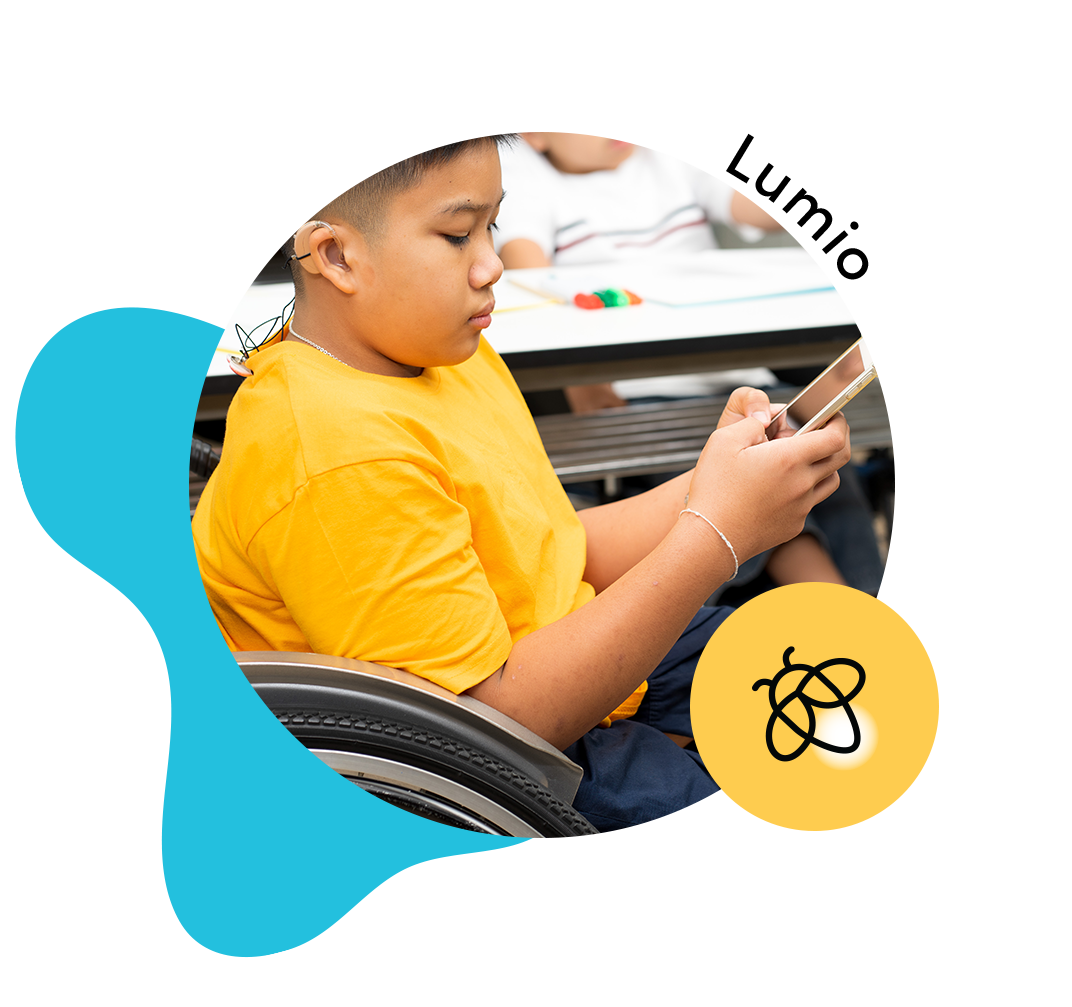The Global EDU Summit kicked off with a inspirational and engaging conversations between Laurie Forcier of Learnit and Bill Lucas of the Rethinking Assessment Movement. Here is an overview of some of the key discussion highlights, and your opportunity to connect and get involved.
The conversation around assessment has always been a rich one. Now, with learning moving to remote and exams and standardized tests around the world cancelled or halted, we have a remarkable opportunity to get creative about what, when, and how we assess learning.
Shift the state of assessment: Focus on skills employers are looking for - communication, collaboration and adaptability
Today, we know that there is a lot of discontent with how assessment is usually handled. Often, we measure students' ability to recall highly specific knowledge. Sometimes we measure them on how they manipulate or apply this knowledge. Too often, we are measuring them on the performance, rather than the process associated with learning and problem solving.
"Wherever you are in the world, the kind of exams that you have only capture a small amount of the skills that educators around the world are working every day to develop. It’s a pity." – Bill Lucas @ the Global EDU Summit, 2021
There is a notable disconnect today between the type of skills that employers are looking for, and the skills that we test students on during their education. While some may concede that we should put students in high stakes situations to prepare them for the stress of high paced work environments, Bill pushes back on that. Bill suggests that the exact skills we need to impart and measure - things like communication, collaboration, and adaptability - are the skills that students need to thrive in a stressful world of work. The focus should be on supporting the development of these skills in contextual ways, not on placing students in stressful situations for the 'one act performance' that is standardized assessment.
Models of assessment that support more holistic conversations
Organizations like the OECD and World Economic Forum make note of the fact that we're not testing students on the skills that employers are looking for. In real life, we constantly make adjustments to what we're doing and refining how we can get to where we want to go - rarely is there one shot to get something 'right' or 'wrong'. So what models of assessment support more holistic conversations?
The International Baccalaureate program is an example of this more holistic measure of student success - this profile outline a breadth and depth of capabilities aimed at measuring student success beyond the walls of the classroom. These capabilities include capabilities like risk-taking, open-mindedness, and reflectiveness, among others.
There are many examples - some from charter school organizations and other places - that take this more 'heart and hand' attributes into account. What this looks like in practice might be student owned digital portfolios, micro-credentialing, as well as exhibits and other real world facing ways of showcasing learning.
What's Next: EdTech plays a role in experimentation for the future of assessment
As we work collaboratively to build the future of assessment, a broad design thinking process is key to developing solutions that are not only effective for measuring learning, but that don't disadvantage certain groups and can help to close the existing inequalities that assessment can create. EdTech and AI can and must play a major role in this adaptation.
Looking to all corners of the world for options and best practices is the next step. From there, the 2021/22 school year will give us an opportunity to prototype some of these solutions in classrooms - including classrooms that are providing blended, hybrid and remote teaching and learning. Learning what works through prototyping will allow for adaptation, further testing, and development of solutions that will be applicable and adaptable for large numbers of students.
it it important that industry is a part of this conversations - as workers across all fields readily adapt to changing circumstances, so must education systems and the students and teachers within them. By rethinking and changing our relationship to assessment, we will better prepare students for a future that requires them to be resilient, adaptable, and self-assured throughout their lives.
Want to learn more about the Rethinking Assessment movement? Join the movement HERE, and connect with @LucasLearn today.
Check out Learnit Live this March - dive into topics like leaning and work, education leadership, and more.









